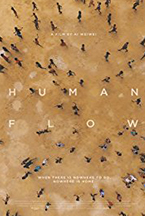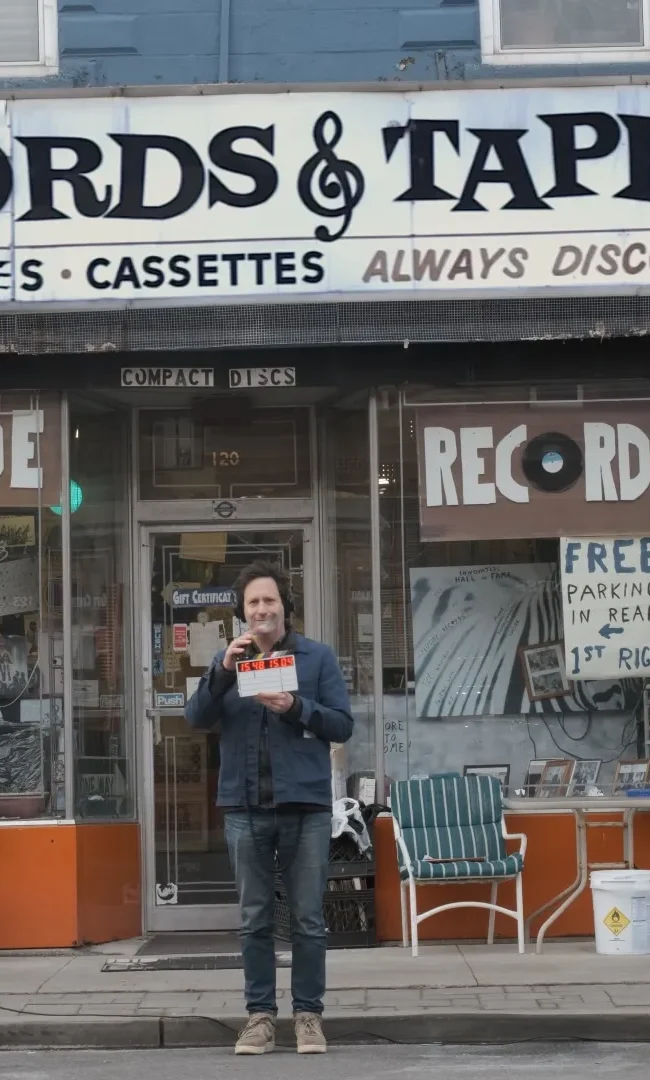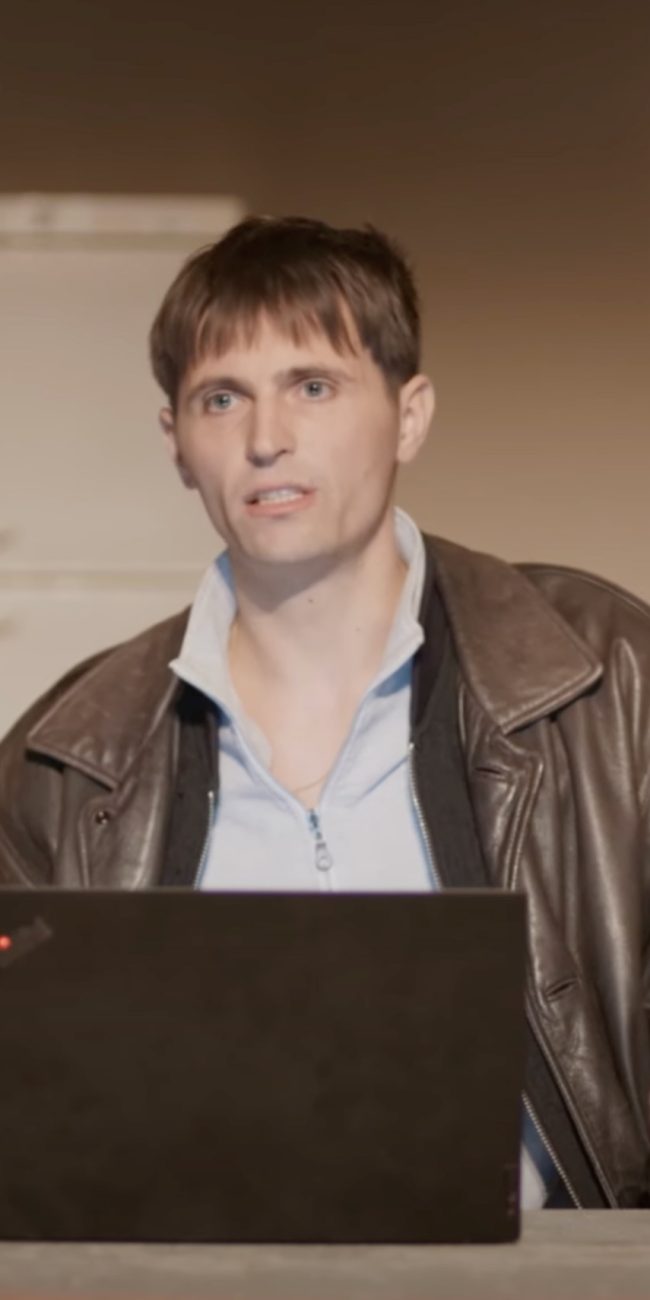HUMAN FLOW

(Captured over the course of an eventful year in 23 countries, Ai Weiwei’s documentary Human Flow follows a chain of urgent human stories that stretches across the globe in countries including Afghanistan, Bangladesh, France, Greece, Germany, Iraq, Israel, Italy, Kenya, Mexico, and Turkey. It opens today concurrent with the Public Art Fund’s thematically linked New York exhibition “Ai Weiwei: Good Fences Make Good Neighbors” (opening Oct. 12) via Amazon Studios.)
Filled with beautifully composed shots of the horrors lived by refugees around the world, Human Flow can sometimes feel a bit like a glossy magazine spread on human misery. But there is a relentless, cumulative power to these images that transcends their cinematic luster. Slowly, over the course of its 140 minutes, the documentary builds in intensity, revealing the terrifying, global scale of the problem. In the second decade of this 21st century, there are more displaced populations than ever before, and no solution to the crisis in sight.
Director Ai Weiwei, a noted dissident Chinese artist and himself the subject of the terrific 2012 documentary Ai Weiwei: Never Sorry, captures the totality of this great catastrophe by bringing us along to all the major refugee hotspots of our time, from the Syrian crisis that has affected Turkey, Greece and the rest of Europe; to Bangladesh and Myanmar; to Pakistan and Afghanistan; and even to the U.S./Mexico border. Plus ça change, plus c’est la même chose, even as Weiwei delves into the specific details of each location. Gathering a myriad of talking-head experts, each of whom provides their own unique perspective, Weiwei also crafts a profound history lesson, explaining how we got here. It makes for sobering pedagogy.
Of particular note, beyond the cinematography (from 12 different folks, including the director), is the accompanying score, by Karsten Fundal (Shadow World). Minimalist in execution (though gentler than the often-discordant minor chords of a Philip Glass), yet evocative in its mood, the music pays complement to the image without overwhelming it, in perfect synthesis. Given the bleak subject matter, it never soars; still, it is there, supporting the narrative, as needed.
I have very mixed feelings about Weiwei’s inclusion of himself in the film, however. I find it a distraction, except for one noteworthy moment towards the end when a U.S. border guard confronts the film crew. Perhaps, then, the earlier appearances are therefore justified. Perhaps not. Whenever we cut away from the raw emotion of the on-screen tragedies to Weiwei behind the scenes, for me it emphasizes the essentially parasitic voyeurism of all documentary filmmaking, a valid choice (in another movie), for sure, but one that here takes away from our focus on the refugees. They’re the story. Fortunately, most of what we see is about them, and it’s powerful. Whatever its occasional flaws, then, Human Flow must be seen, reminding us of our common, if fractured, humanity.
– Christopher Llewellyn Reed (@ChrisReedFilm)











